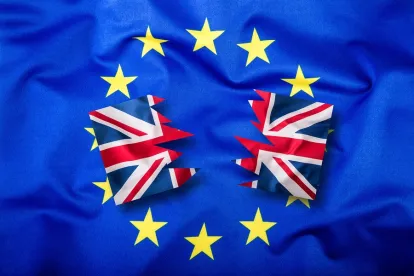The UK Supreme Court has today delivered its judgment in the long-running Littlewoods VAT case.
The facts are seemingly straightforward and achingly dull. Between 1973 and 2004, Littlewoods overpaid VAT to Her Majesty’s Revenue and Customs (HMRC) in respect of commissions paid to its agents who distributed mail-order catalogues (common in the pre-online age).
Between 2005 and 2008, HMRC repaid the principal sum of £205 million, together with simple interest of £268 million. Littlewoods sought additional interest on the principal sum, calculated on a compound basis at a whopping £1.25 billion.
On the way to the Supreme Court, a number of tribunals had to decide whether (i) Littlewoods’ claim was excluded under UK tax law; and (ii) if so, whether that exclusion was contrary to EU law.
A reference was made to the European Court of Justice (ECJ) in relation to the second issue, and the ECJ duly opined in typically obtuse language. The High Court and Court of Appeal, focusing on the expression “adequate indemnity”, held that under EU law, Littlewoods was entitled to compound interest. The Supreme Court held that the High Court and Court of Appeal had read too much into “adequate indemnity”, and that simple interest sufficed in this case.
Why is this relevant to Brexit? Well, this case is a perfect example of how potentially decisions of the ECJ can impact the UK’s public finances. The VAT Act 1994, and English law, impliedly excludes the compound interest claim. Many of those who support leaving the EU think that this should be the end of the matter. Had the Supreme Court agreed with the Court of Appeal, or had HMRC not appealed, the cost to the Exchequer would immediately have been £1.25 billion, and additional claims by other taxpayers would have ultimately resulted in additional interest of many times this sum – the judgment itself states the number of stayed claims amounted to £17bn, which is about 10% of the annual total VAT take in the UK.
One footnote. The Supreme Court could have made another referral to the ECJ. Had it done so, there is no guarantee that the ECJ would have addressed it before 29 March 2019. What would then have happened is yet another grey area.




 />i
/>i
